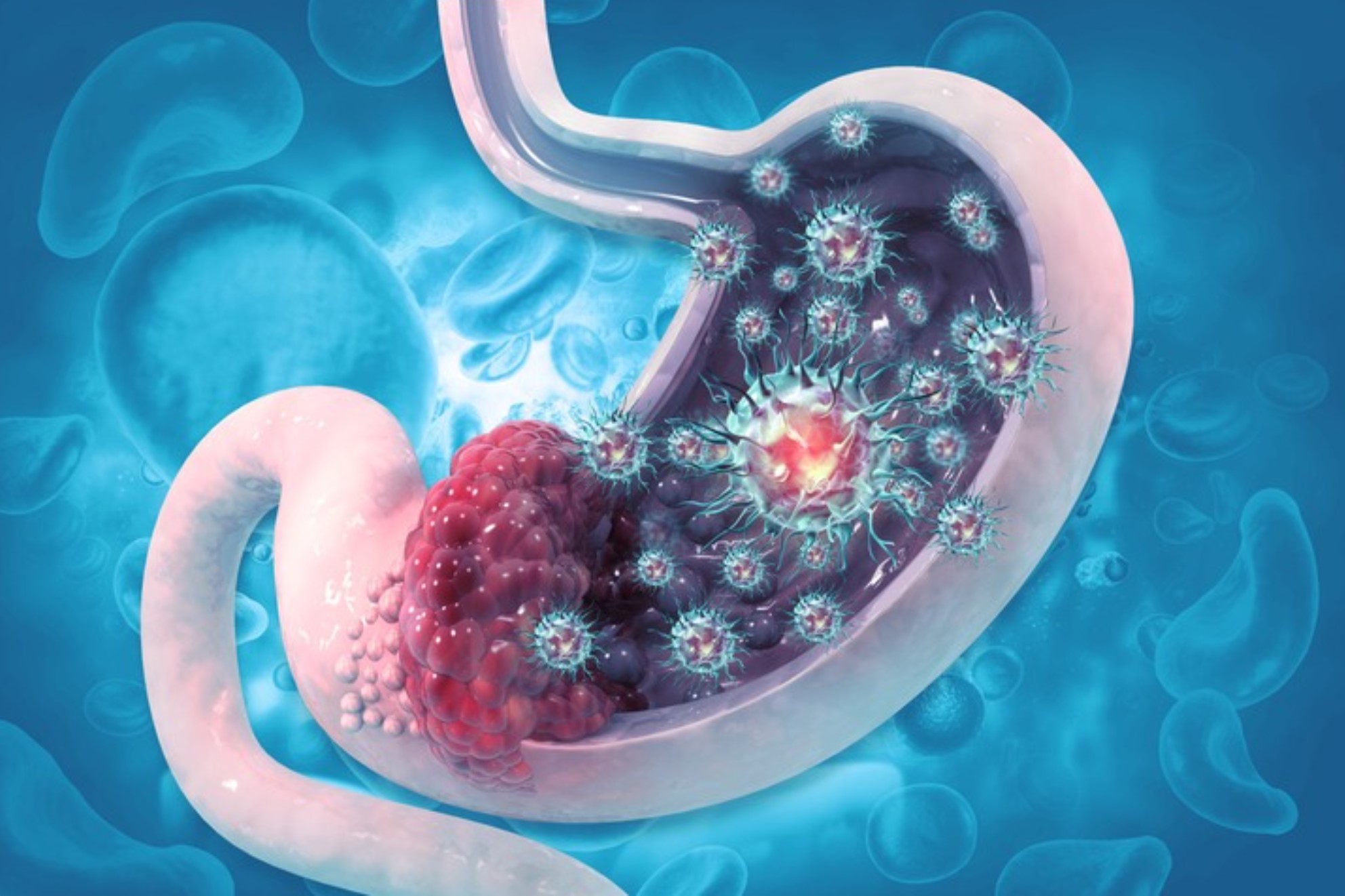1. Processed Meats
Processed meats, such as bacon, sausages, hot dogs, and deli meats, are known to be high in preservatives like nitrates and nitrites. These chemicals can convert into nitrosamines, which are potent carcinogens. Studies have shown a significant link between the consumption of processed meats and an increased risk of stomach cancer. To reduce this risk, it’s advisable to limit or avoid these foods altogether and opt for fresh, unprocessed meats.
2. Salted and Pickled Foods
High-salt diets are common in many cultures, but excessive salt intake can damage the stomach lining and increase the risk of stomach cancer. Salted and pickled foods, such as kimchi, salted fish, and pickled vegetables, often contain high levels of sodium. The preservation process can also lead to the formation of harmful compounds that contribute to cancer development. Reducing the intake of these foods and replacing them with fresh alternatives can help protect your stomach health.
3. Smoked Foods
Smoking foods is a traditional method of preservation that imparts a distinctive flavor. However, the smoking process produces polycyclic aromatic hydrocarbons (PAHs), which are known carcinogens. Foods like smoked fish, smoked meats, and even some types of smoked cheese can increase the risk of stomach cancer if consumed regularly. Opting for grilled or baked versions of these foods can reduce your exposure to harmful PAHs.
4.Red Meat
While red meat itself is not directly carcinogenic, high consumption levels have been linked to an increased risk of various cancers, including stomach cancer. Cooking red meat at high temperatures, such as grilling or barbecuing, can produce heterocyclic amines (HCAs) and PAHs, which are carcinogenic. Moderation is key, and incorporating more plant-based proteins and lean meats like poultry and fish can be beneficial.
5. Refined Carbohydrates and Sugary Foods
Diets high in refined carbohydrates and sugars can lead to obesity, a known risk factor for stomach cancer. These foods include white bread, pastries, sugary drinks, and candy. Excessive sugar intake can also cause chronic inflammation and insulin resistance, further increasing cancer risk. Opting for whole grains, fruits, and vegetables can help maintain a healthy weight and reduce inflammation.
6. Alcohol
Alcohol consumption, particularly in large amounts, is associated with an increased risk of stomach cancer. Alcohol can irritate the stomach lining and lead to chronic inflammation, which can set the stage for cancer development. It can also increase the risk of other cancers, such as liver and esophageal cancer. Limiting alcohol intake to moderate levels (one drink per day for women and two drinks per day for men) or avoiding it altogether can reduce this risk.
7.Highly Processed Foods
Highly processed foods, including ready-to-eat meals, snack foods, and fast food, often contain various additives, preservatives, and unhealthy fats. These foods are typically low in essential nutrients and high in trans fats, sodium, and sugars, all of which can contribute to cancer risk. Emphasizing a diet rich in whole, unprocessed foods can significantly improve overall health and reduce the risk of stomach cancer.
Tips for a Stomach-Healthy Diet READ FULL STORY HERE>>>CLICK HERE TO CONTINUE READING>>>
1. Increase Fruit and Vegetable Intake
– Fruits and vegetables are rich in antioxidants, vitamins, and minerals that help protect against cancer. Aim for a variety of colors to ensure a wide range of nutrients.
2. Choose Whole Grains
– Whole grains like brown rice, quinoa, and whole wheat are high in fiber and beneficial compounds that support digestive health.
3. Incorporate Lean Proteins
– Opt for lean protein sources such as chicken, turkey, fish, beans, and legumes. These are less likely to contain harmful compounds compared to processed and red meats.
4. Hydrate with Water
– Staying hydrated with water instead of sugary drinks can help maintain stomach health and support overall bodily functions.
5. Limit Salt Intake
– Use herbs and spices to flavor food instead of salt. Check food labels to avoid high-sodium products.
6. Moderate Alcohol Consumption
– If you choose to drink alcohol, do so in moderation to reduce the risk of stomach and other cancers.
By being mindful of your diet and avoiding foods that increase the risk of stomach cancer, you can take proactive steps towards maintaining your health and reducing your cancer risk. Adopting a balanced diet rich in natural, unprocessed foods is a powerful way to support your body and promote long-term well-being.
For more information on diet and cancer prevention, consider visiting trusted health resources and speaking with healthcare professionals who can provide personalized guidance and support


 IN-THE-NEWS9 months ago
IN-THE-NEWS9 months ago
 IN-THE-NEWS9 months ago
IN-THE-NEWS9 months ago
 IN-THE-NEWS4 months ago
IN-THE-NEWS4 months ago
 SPORTS8 months ago
SPORTS8 months ago
 METRO9 months ago
METRO9 months ago
 SPORTS9 months ago
SPORTS9 months ago
 IN-THE-NEWS4 months ago
IN-THE-NEWS4 months ago
 SPORTS8 months ago
SPORTS8 months ago


